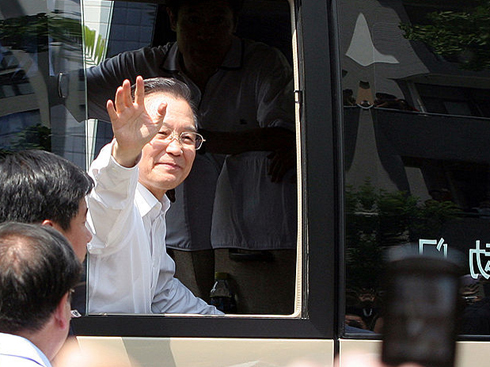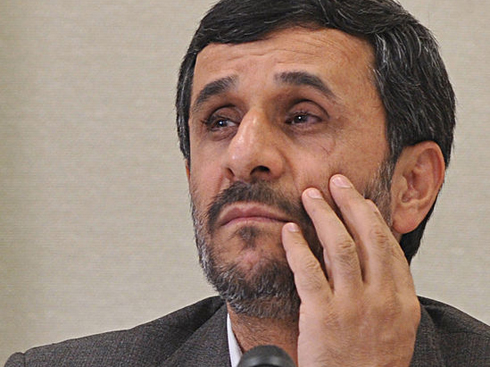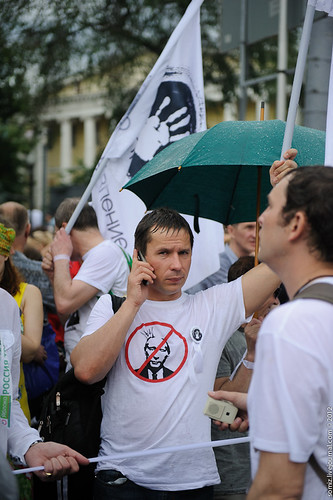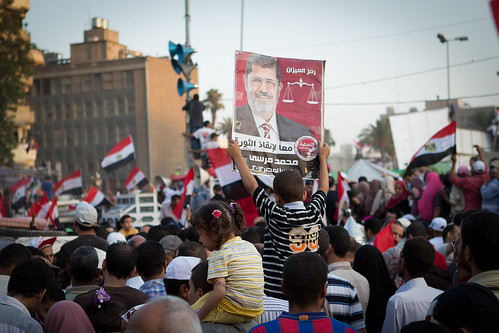
The hot pot of Chinese politics has been boiling madly in advance of the 18th National Congress of the Communist Party and the leadership transition that took place in Beijing on November 14, 2012. Many see the composition of the new Politburo Standing Committee as a defeat for outgoing President Hu Jintao, who failed to see his reformist allies promoted. Moreover, Hu has stepped down as the chairman of the Central Military Commission sooner than expected. Were Chinese conservatives stronger than expected or did something weaken the reformists?
Just two weeks before the Congress started the New York Times published a story alleging that members of Wen Jiabao’s family have amassed a combined fortune of $2.7 billion by using the Premier’s influence and close links between politics and business in China.
With Chinese politics already at boiling point, the New York Times article exploded on Sina Weibo, the social media site that is purported to be a reasonable reflection of public opinion. Comments expressing both surprise and disappointment flooded the Internet, but also many of unconditional support for Wen, reported Rachel Lu on Tea Leaf Nation.




